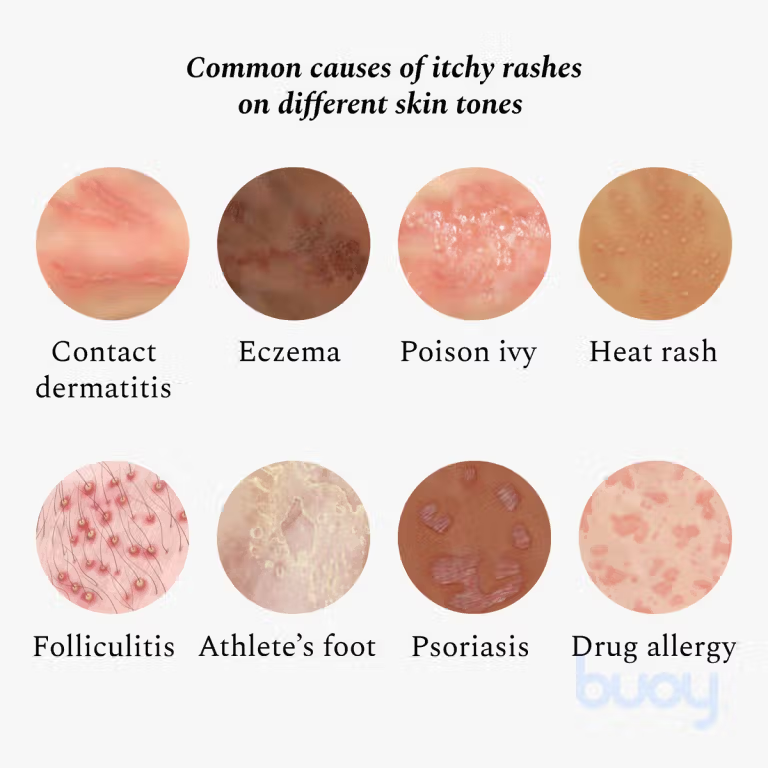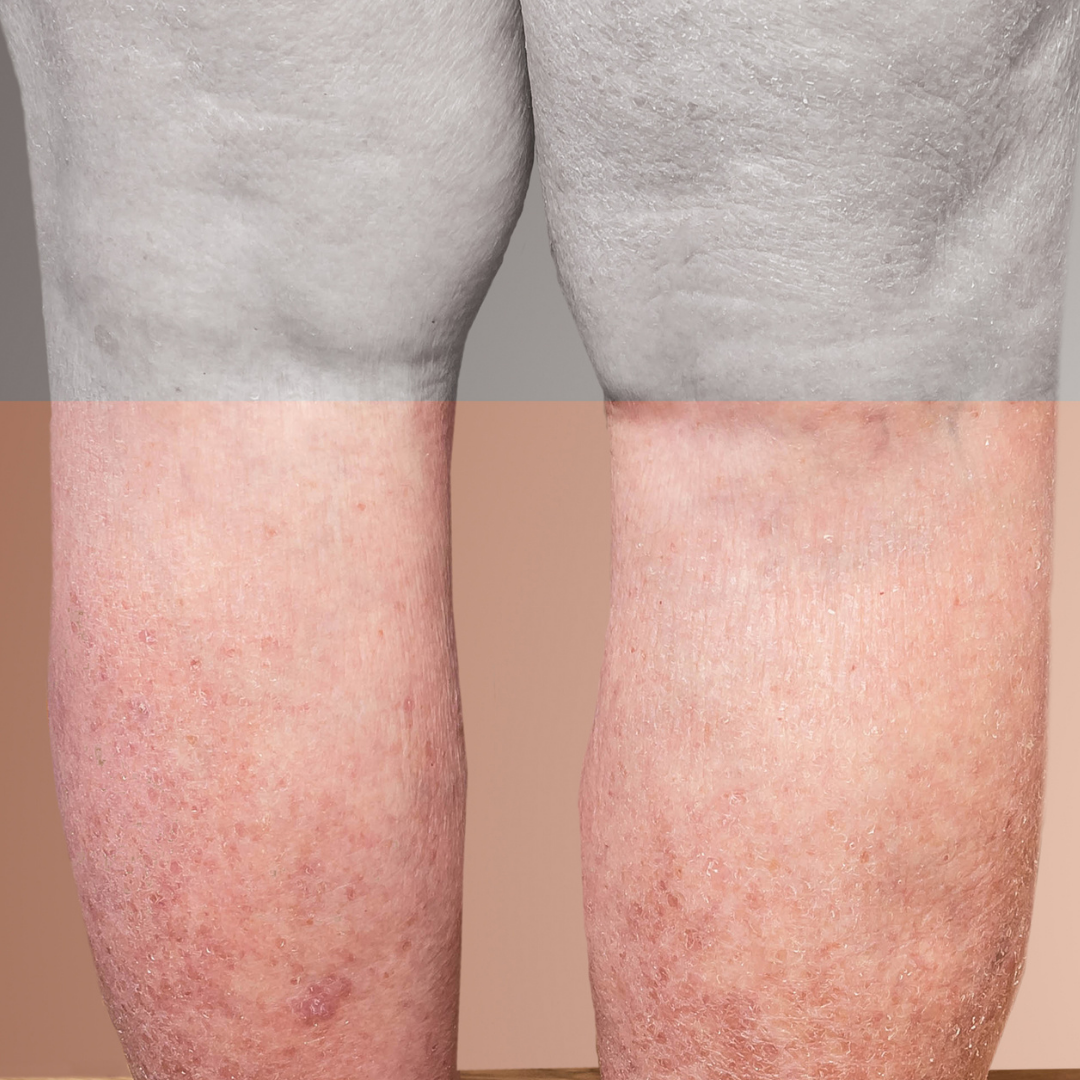Let’s talk about itchy dry skin on your inner thigh, because let’s be honest, it’s not something you want to ignore. Whether you’ve been scratching like crazy or wondering why this pesky problem keeps popping up, we’ve got answers for you. Dealing with irritation in such a sensitive area can be embarrassing, uncomfortable, and downright frustrating. But don’t worry—we’re here to help!
Itchy dry skin on the inner thigh is more common than you think, and there are plenty of reasons why it happens. From environmental factors to underlying health conditions, understanding the root cause is key to finding relief. And trust us, no one should have to suffer through constant itching and discomfort.
In this article, we’ll dive deep into everything you need to know about itchy dry skin on the inner thigh. We’ll explore the causes, symptoms, treatment options, and even some home remedies that might save your day (and your skin). So grab a cup of coffee, get comfy, and let’s figure this out together!
Table of Contents
- What Causes Itchy Dry Skin on Inner Thigh?
- Recognizing the Symptoms of Itchy Dry Skin
- How to Diagnose the Problem
- Effective Treatments for Itchy Dry Skin
- Natural Home Remedies You Can Try
- Preventive Measures to Avoid Future Issues
- Lifestyle Changes That Make a Difference
- Best Products for Managing Itchy Skin
- When to See a Doctor
- Frequently Asked Questions
What Causes Itchy Dry Skin on Inner Thigh?
Alright, let’s get to the bottom of this. If you’re dealing with itchy dry skin on your inner thigh, chances are something in your daily routine or environment is triggering it. Here’s the lowdown on the most common culprits:
Environmental Factors
Ever notice how your skin behaves differently during certain seasons? Extreme weather conditions, like harsh winters or super-hot summers, can wreak havoc on your skin. Dry air, excessive sweating, or even prolonged exposure to sunlight might lead to irritation. And let’s not forget about allergens lurking around—pollen, dust mites, or even pet dander could be the sneaky cause behind your itchy skin.
Friction and Irritation
Here’s a fun fact: friction from tight clothing or constant rubbing against your skin can cause irritation. Think about those long walks, bike rides, or even just sitting for too long. The inner thigh area is particularly sensitive, so anything that rubs against it repeatedly can lead to redness, itchiness, and dryness.
Underlying Health Conditions
Sometimes, itchy dry skin isn’t just about external factors—it could also point to an underlying health issue. Conditions like eczema, psoriasis, or fungal infections often manifest as itchy patches on the skin. Even hormonal changes or thyroid problems can affect your skin’s moisture levels.
Recognizing the Symptoms of Itchy Dry Skin
Now that we’ve talked about the causes, let’s move on to the symptoms. Recognizing the signs early on can help you address the problem before it gets worse. Here’s what to look out for:
- Red, inflamed patches on the inner thigh
- Constant itching or burning sensation
- Dry, flaky skin that feels rough to the touch
- Small bumps or blisters in the affected area
- Darkening or thickening of the skin due to chronic scratching
Keep in mind that symptoms can vary depending on the underlying cause. For example, fungal infections might cause more intense itching compared to simple dryness. Pay attention to any patterns or triggers to better understand what’s causing your discomfort.
How to Diagnose the Problem
Diagnosing the exact cause of itchy dry skin on your inner thigh might require a bit of detective work. Here’s how you can approach it:
Self-Assessment
Start by asking yourself a few questions: Have you recently changed your skincare routine? Are you wearing new clothes or using different detergents? Is there anything unusual in your environment, like a new pet or a different climate? These clues can help you narrow down potential triggers.
Consulting a Professional
If self-assessment doesn’t yield results, it’s time to seek professional help. A dermatologist can perform tests to determine whether the issue is related to allergies, infections, or other medical conditions. They might also recommend a patch test or skin biopsy if necessary.
Effective Treatments for Itchy Dry Skin
Once you’ve identified the cause, it’s time to focus on treatment. There are several options available, ranging from over-the-counter remedies to prescription medications. Let’s break it down:
Over-the-Counter Creams
Moisturizing creams and lotions are your first line of defense against dry skin. Look for products containing ingredients like ceramides, hyaluronic acid, or glycerin. These help lock in moisture and soothe irritation. For fungal infections, antifungal creams like clotrimazole or terbinafine can be effective.
Prescription Medications
In cases where OTC treatments don’t work, your doctor might prescribe stronger medications. Corticosteroids, for instance, can reduce inflammation and relieve severe itching. Antihistamines may also help if allergies are the culprit.
Natural Home Remedies You Can Try
Not everyone wants to rely on pharmaceuticals, and that’s okay! There are plenty of natural remedies you can try at home. Just remember to patch test first to ensure you’re not allergic to any ingredients.
- Aloe Vera: Known for its soothing properties, aloe vera gel can calm irritated skin and promote healing.
- Oatmeal Baths: Colloidal oatmeal baths are great for reducing itchiness and inflammation. Simply mix finely ground oats with warm water and soak for 15-20 minutes.
- Coconut Oil: Rich in fatty acids, coconut oil acts as a natural moisturizer and antimicrobial agent. Apply a small amount directly to the affected area.
- Apple Cider Vinegar: This kitchen staple has antibacterial and antifungal properties. Dilute it with water and apply it to the skin using a cotton ball.
Preventive Measures to Avoid Future Issues
Prevention is always better than cure, right? Here are some tips to keep your inner thighs happy and healthy:
Wear Breathable Clothing
Tight, synthetic fabrics can trap moisture and cause irritation. Opt for loose-fitting clothes made from natural fibers like cotton or bamboo. Not only do they allow your skin to breathe, but they also reduce friction.
Stay Hydrated
Your skin reflects what’s going on inside your body. Drinking plenty of water helps maintain proper hydration levels, keeping your skin soft and supple. Aim for at least eight glasses a day, and adjust based on your activity level.
Use Gentle Skincare Products
Harsh soaps and cleansers can strip your skin of its natural oils, leaving it dry and irritated. Switch to mild, fragrance-free products that won’t exacerbate the problem.
Lifestyle Changes That Make a Difference
Your lifestyle plays a huge role in your skin’s health. Here are a few changes you can make to improve overall skin condition:
- Exercise regularly to boost circulation and reduce stress.
- Include omega-3 fatty acids in your diet for healthier skin.
- Avoid smoking and excessive alcohol consumption, as both can accelerate skin aging.
- Practice good hygiene by washing your inner thighs daily with lukewarm water.
Best Products for Managing Itchy Skin
When it comes to skincare products, quality matters. Here are some top picks for managing itchy dry skin:
Moisturizers
We love the CeraVe Moisturizing Cream for its ability to repair the skin barrier while hydrating deeply. Another great option is the Eucerin Advanced Repair Lotion, which targets roughness and flakiness.
Cleansers
For cleansing, the Dove Sensitive Skin Beauty Bar is gentle enough for daily use without stripping your skin of moisture. Alternatively, try the Cetaphil Gentle Skin Cleanser for a no-fuss solution.
When to See a Doctor
While most cases of itchy dry skin can be managed at home, some situations require medical attention. Seek help if:
- Your symptoms worsen despite treatment.
- You notice signs of infection, such as pus or increased redness.
- The itching interferes with your daily life or sleep.
- You suspect an underlying health condition.
Frequently Asked Questions
Here are some questions we often hear from readers:
Can stress cause itchy skin?
Absolutely! Stress can trigger hormonal changes that affect your skin’s moisture levels. Managing stress through relaxation techniques or therapy might help alleviate symptoms.
Is it safe to use home remedies on sensitive skin?
Most natural remedies are safe, but everyone’s skin is different. Always perform a patch test before applying anything new to your skin.
How long does it take for treatments to work?
It depends on the severity of the condition and the treatment used. Mild cases might improve within a few days, while chronic issues could take weeks or even months to resolve.
Kesimpulan
Dealing with itchy dry skin on your inner thigh doesn’t have to be a nightmare. By understanding the causes, recognizing the symptoms, and taking appropriate action, you can find relief and prevent future flare-ups. Remember, consistency is key—whether it’s applying moisturizer, making lifestyle changes, or seeking professional help, stick with what works for you.
So what’s next? Share your thoughts in the comments below, and don’t forget to spread the love by sharing this article with friends who might find it helpful. Your journey to healthier, happier skin starts here!


